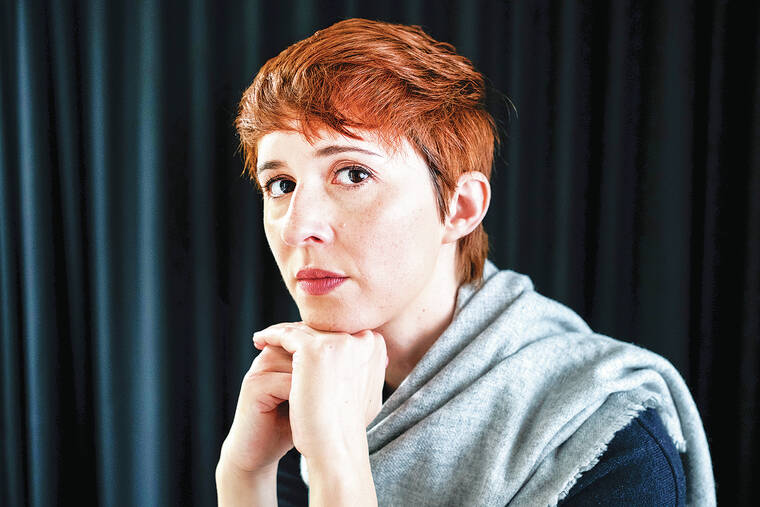Some video game actors are letting AI clone their voices. They just don’t want it to replace them
If you are battling a video game goblin who speaks with a Cockney accent, or asking a gruff Scottish blacksmith to forge a virtual sword, you might be hearing the voice of actor Andy Magee.
Except it’s not quite Magee’s voice. It’s a synthetic voice clone generated by artificial intelligence.
ADVERTISING
As video game worlds get more expansive, some game studios are experimenting with AI tools to give voice to a potentially unlimited number of characters and conversations. It also saves time and money on the “vocal scratch” recordings game developers use as placeholders to test scenes and scripts.
The response from professional actors has been mixed. Some fear that AI voices could replace all but the most famous human actors if big studios have their way. Others, like Magee, have been willing to give it a try if they’re fairly compensated and their voices aren’t misused.
“I hadn’t really anticipated AI voices to be my break into the industry, but, alas, I was offered paid voice work, and I was grateful for any experience I could get at the time,” said Magee, who grew up in Northern Ireland and has previously worked as a craft brewery manager, delivery driver and farmer.
He now specializes in voicing a diverse range of characters from the British Isles, turning what he used to consider a party trick into a rewarding career.
AI voice clones don’t have the best reputation, in part because they’ve been misused to create convincing deepfakes of real people — from U.S. President Joe Biden to the late Anthony Bourdain — saying things they never said. Some early attempts by independent developers to add them to video games have also been poorly received, both by gamers and actors — not all of whom consented to having their voices used in that way.
Most of the big studios haven’t yet employed AI voices in a noticeable way and are still in ongoing negotiations on how to use them with Hollywood’s actors union, which also represents game performers. Concerns about how movie studios will use AI helped fuel last year’s strikes by the Screen Actors Guild-American Federation of Television and Radio Artists but when it comes to game studios, the union is showing signs that a deal is likely.
Sarah Elmaleh, who has played the Cube Queen in Fortnite and numerous other high-profile roles in blockbuster and indie games, said she has “always been one of the more conservative voices” on AI-generated voices but now considers herself more agnostic.
“We’ve seen some uses where the (game developer’s) interest was a shortcut that was exploitative and was not done in consultation with the actor,” said Elmaleh, who chairs SAG-AFTRA’s negotiating committee for interactive media.
But in other cases, she said, the role of an AI voice is often invisible and used to clean up a recording in the later stages of production, or to make a character sound older or younger at a different stage of their virtual life.
“There are use cases that I would consider with the right developer, or that I simply feel that the developer should have the right to offer to an actor, and then an actor should have the right to consider that it can be done safely and fairly without exploiting them,” Elmaleh said.
SAG-AFTRA has already made a deal with one AI voice company, Replica Studios, announced last month at the CES gadget show in Las Vegas. The agreement — which SAG-AFTRA President Fran Drescher described as “a great example of AI being done right” — enables major studios to work with unionized actors to create and license a digital replica of their voice. It sets terms that also allow performers to opt out of having their voices used in perpetuity.


